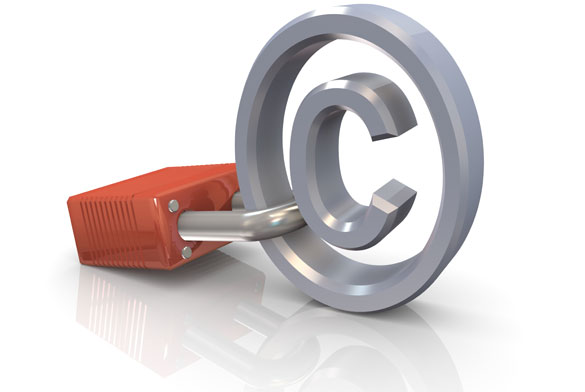The Federal Association of German Newspaper Publishers Association (BDZV) asked the ruling coalition in the country, the CDU, to draft a law that will require content aggregators to pay publishers for indexing headlines and snippets. To support the BDZV, the German Federal Ministry of Justice (Bundesjustizministerium) drafted the Leistungsschutzrecht für Presseverlag, widely known in the German media as “Lex Google.” It didn’t take long for Google to fight back:
“Nobody sees a real reason why this should be implemented,” Google’s North Europe Communications Chief Kay Oberbeck told DAPD earlier this year. “Such a law protects no one and hurts everyone—users, publishers, search engines, and the German economy.”
But Oberbeck’s public statement was not enough. Chancellor Angela Merkel and many other German lawmakers, continued to support the idea that Google should pay German newspaper and magazine publishers to display snippets of news in Web searches. The judgement day is near for Google, who might be forced to comply if the law passes.
 Google is finally fighting back against Germany’s “Lex Google” (Image © nasir1164 – Fotolia.com)
Google is finally fighting back against Germany’s “Lex Google” (Image © nasir1164 – Fotolia.com)To defend its position, Google finally took off the gloves this Tuesday, launching a powerful anti-Lex Google campaign, Defend Your Net (Verteidige Dein Netz). The campaign calls Google users in Germany to sign a petition against this law and to contact their authorized representatives in the Bundestag to express their concerns.
“Such a law would hit every Internet user in Germany,” Stefan Tweraser, country manager for Google Germany, said in a statement. “An ancillary copyright means less information for consumers and higher costs for companies.”
Google supports its position with more than an ad. The campaign is rich with arguments, all navigating around the proposed “Leistungsschutzrecht für Presseverlage”—intellectual property rights for the press law in Germany. Google lists 10 facts to convince users to support the campaign, most of them common sense:
- Any publisher can block Google from indexing its pages with a simple line of text in the robots.txt file.
- There are no ads in Google News and no paid placements. Instead, the search engine delivers permanent traffic to publisher sites.
- Google services provide many German publisher sites around half of their readers.
- Through AdSense, Google supports press publishers around the world to market their online sites. In 2011 alone, AdSense paid 7 billion dollars to Google publishing partners, including numerous press publishers.
- Search engines may display spinets of articles legally, according to a Federal Court decision from 2003: “Paperboy”-Entscheidung des BGH (Urteil vom 17.7.2003 – I ZR 259/00).
- Many German press publishers in the digital business are very successful.
- Four million German jobs depend on the Internet. (Author note: That’s not to say that they depend on Google.)
- “Lex Google” is rejected by large parts of the German society.
- Many CDU opponents see the law as “an attack on the free market and economic architecture of the Internet.”
- Compared with other countries, Germany lags behind Internet policy.
One day after launching the campaign, Google already reported about 25,000 signatures and counting. This finally made Chancellor Angela Merkel pay attention, but she continues to support the law.
CDU opposition members fear that, if the law passes, it will send a negative signal to investors, that Innovative online services are not desired in Germany. It will also cause a dangerous precedent, and possible consequences in other countries.
Similar measures are debated in countries like Italy, Switzerland, Austria, Portugal, and Spain, according to Christoph Keese, German journalist and lobbyist, senior vice president of Axel Springer, who tweets his concerns. Keese stated that Google uses market power as a weapon, putting its own commercial interests first. He is not the only supporter of the “Leistungsschutzrecht für Presseverlage” (LSR). Other German journalists have similar statements, some borderline ridiculous:
Heribert Prantl #SZ: “#LSR is not dangerous. Dangerous is how #Google uses market power to deceive users” http:// bit.ly/QJR7cD
Gabor Steingart #Handelsblatt on #Google : “A similar business model was followed by a certain Count Dracula from Transylvania.”
Bundestag lawmakers recently received a letter signed jointly by 16 copyright law professors, the Max Planck Institute for Intellectual Property and Competition Law, and Grur. The letter warned that the law could cost many German jobs and have other unforeseen negative consequences.




